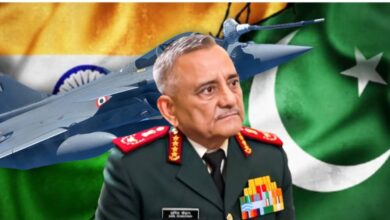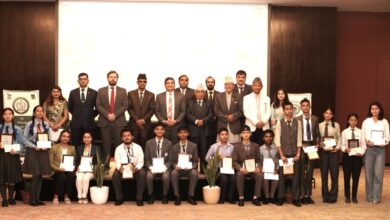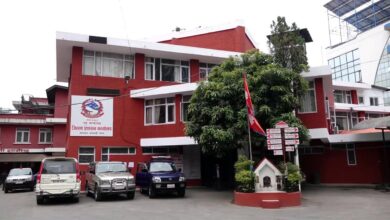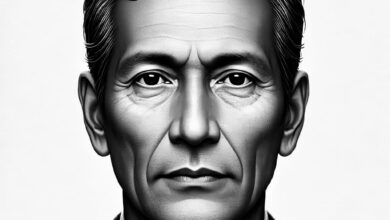King Gyanendra’s Return: The Great Power Game in Nepal
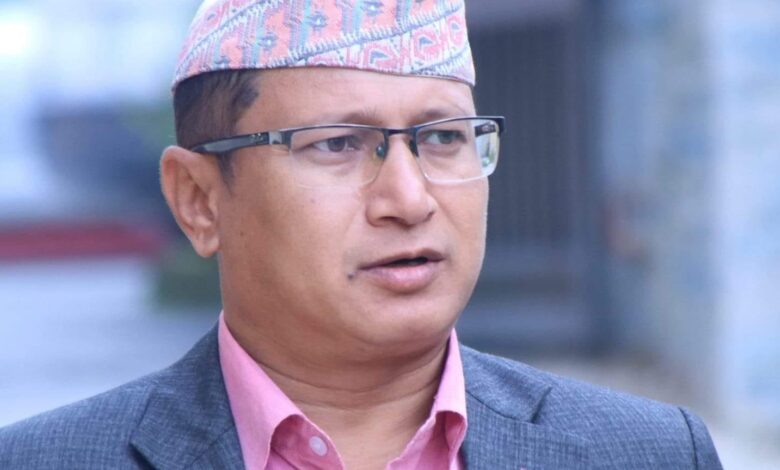
# By Prem Sagar Poudel
Amid Nepal’s political instability, a movement to restore the monarchy has gained momentum, with retired military officers, intelligence operatives, and foreign powers particularly the United States playing active roles. The movement, which began on June 1 (Jestha 15 in the Nepali calendar), has now taken on a strategic dimension, raising critical questions about Nepal’s future.
Historically, the Nepali Army has been a decisive force in the country’s politics. This time, retired officers have openly supported the pro-monarchy campaign. Behind this shift lie two key factors: the U.S. has reportedly promised to supply advanced weaponry like Stinger missiles to the Nepali Army, and there is growing unease within military ranks about China’s expanding influence. Nepal’s recent inclusion in the U.S.-led Indo-Pacific Command (IPACOM) further signals a potential realignment in regional power dynamics.
At the center of this movement is former King Gyanendra Shah, who was dethroned in 2008. Reliable sources indicate that the CIA has played a role in his comeback strategy. Since 2021, Gyanendra has held secret meetings with CIA officials, including operative Mark D. during the Nagarjuna summit. His recent high-profile visit to Narayanhiti Palace, where he performed religious rites amid cheering supporters, appears to be psychological preparation for a royal revival.
Meanwhile, India’s influence in Nepal has waned. Analysts attribute this decline to former RAW officer Jagman Gurung’s defection to the U.S. camp in 2023, which compromised Indian intelligence operations in Nepal.
China, though quietly monitoring developments, faces a dilemma. Nepal’s participation in China’s Belt and Road Initiative (BRI) hangs in the balance a decision that could redefine bilateral relations depending on how the political crisis unfolds.
Nepal now stands at a historic crossroads. A restored monarchy would pull the country firmly into America’s orbit, while preserving the republic risks deepening domestic instability. Either outcome could dramatically alter Nepal’s foreign policy and reshape the regional power balance.
(This analysis is based on verified sources, diplomatic channels, and intelligence inputs. Some sensitive details have been withheld for security reasons.)




